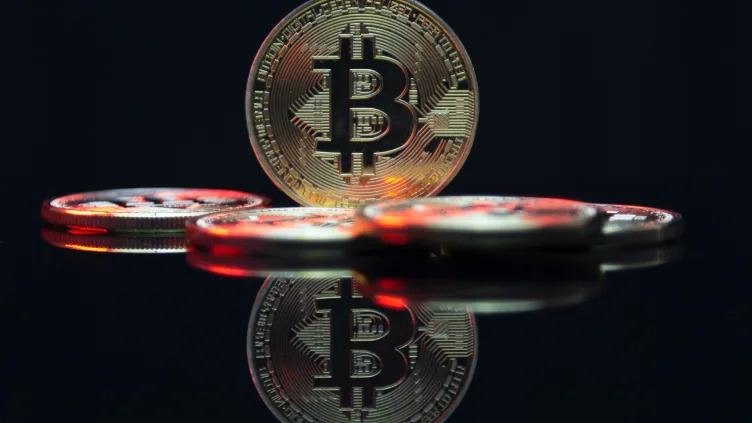
Bitcoin (BTC) may face further declines before experiencing a significant rally later this month, according to BitMEX co-founder Arthur Hayes. In his latest analysis , the prominent crypto investor admitted that his earlier forecast of a renewed Bitcoin bull market in September was premature, but he remains optimistic about a rebound in the near future.
Hayes acknowledged that his initial bullish outlook for September was off the mark, but he emphasized that his bearish stance is only temporary. "I have changed my mind, but it doesn’t affect my positioning at all. I’m still long as fuck in an unlevered fashion," he wrote, indicating his continued confidence in Bitcoin's long-term potential.
Hayes has now shifted his expectations, believing that a Bitcoin surge is more likely to occur toward the end of September. He attributes this delay to the anticipated actions of the Federal Reserve and the U.S. Treasury, which he predicts will soon inject emergency liquidity into the market. This liquidity boost, according to Hayes, could come from the Treasury General Account or a potential restart of quantitative easing aimed at stabilizing the treasuries market.
"I expect intervention to begin in late September," Hayes stated, suggesting that Bitcoin could trade sideways or even dip closer to $50,000 before the expected liquidity influx takes effect. Last month, Bitcoin briefly surged to $64,000 after Federal Reserve Chairman Jerome Powell indicated that the central bank might start lowering interest rates, a move that has historically been bullish for assets like Bitcoin.
Adding to the complexity, Hayes identified another factor influencing the market: the Federal Reserve's Reverse Repo Program (RRP). After Powell's recent speech, the RRP saw increased deposits due to its relatively higher yields compared to U.S. Treasury bills. Hayes theorizes that this rising RRP effectively "sterilizes" money, preventing it from being re-leveraged within the financial system and thereby limiting its impact on asset prices.
Looking ahead, Hayes expects the Federal Reserve to cut interest rates, which in turn could push 10-year Treasury bond yields toward 5%. He recalls that when yields approached this level last year, the Treasury intervened with liquidity injections, a scenario he believes could repeat, potentially boosting Bitcoin once again.


